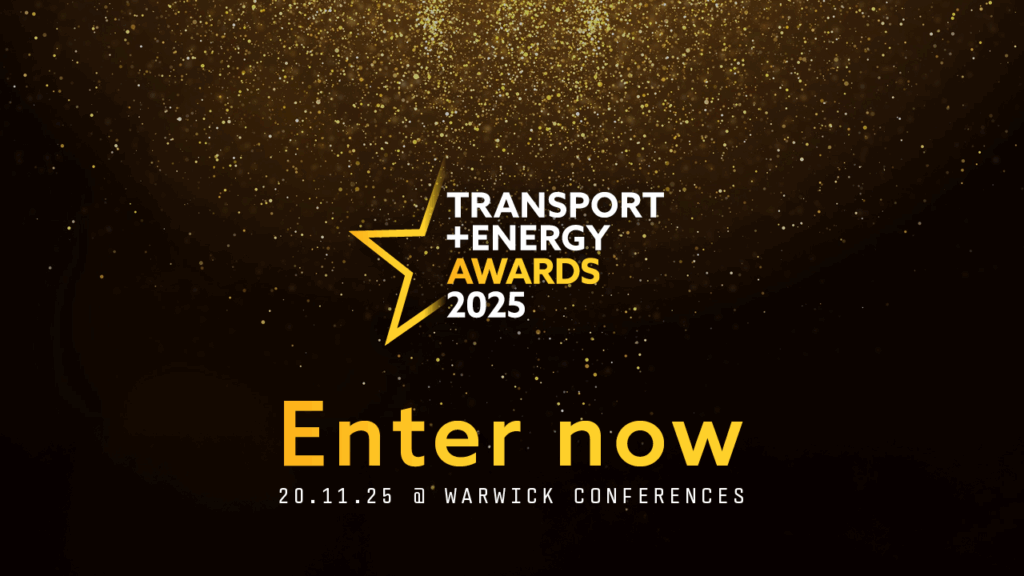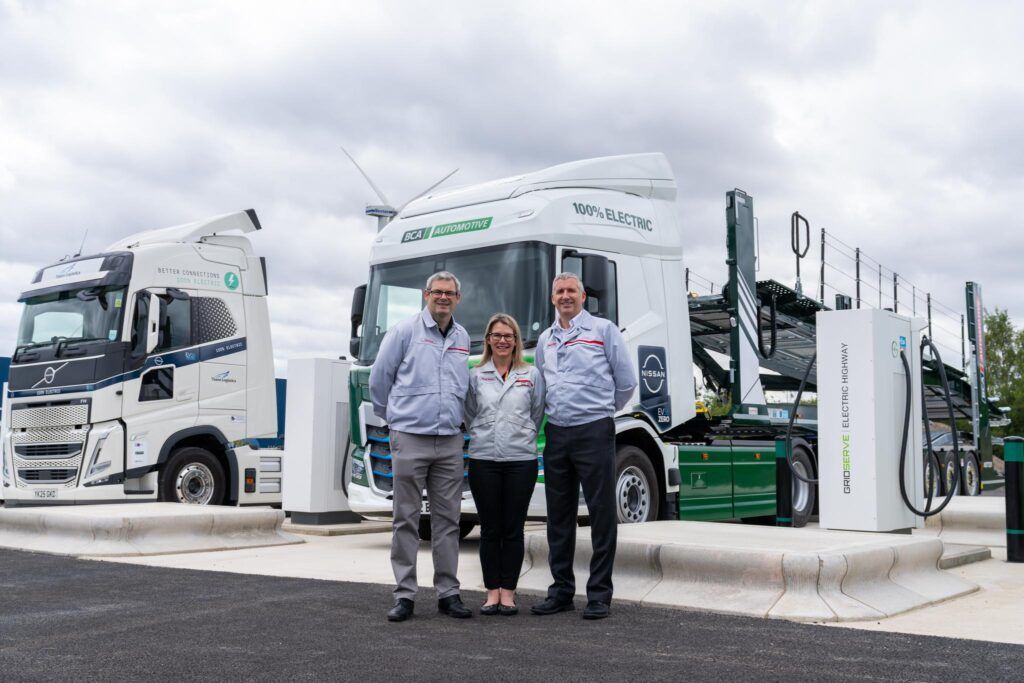Plans to decarbonise power by 2035 are being risked by government due to the lack of a delivery plan, the National Audit Office (NAO) has warned.
Due to the focus on the current energy crisis, the Department for Energy Security and Net Zero (DESNZ) has made little progress with a long-term delivery plan for all electricity to be generated through clean energy sources, it said.
Government has set an ambition that by 2035, all electricity should be generated using clean sources, subject to maintaining security of supply, phasing out gas-fired power stations in favour of wind, solar and nuclear power, the NAO said.
But because “it was focusing attention” on responses to record-high energy bills, DESNZ has “scaled back its work on coordinating long-term power sector decarbonisation”, it said.
As a result, the NAO said the lack of a delivery plan “risks diminishing the confidence of industry stakeholders”, who have expressed concerns about how all the change and investment needed across the power sector will be brought together without a strategic vision. Additionally, the absence of a clear plan could deter investors, as they do not have confidence that government policies could change.
The NAO report sets out the challenges of achieving the remaining emission reductions, highlighting the government’s ambitions for the expansion of offshore wind, solar and nuclear power will require much faster deployment rates than have been achieved before. For example, to meet a goal of achieving 50 gigawatts (GW) of offshore wind by 2030, DESNZ will need to oversee the deployment of nearly three times as much offshore wind capacity in eight years as it has in the last two decades.
The NAO has recommended DESNZ sets out clear measures of overall progress with interim milestones and an annual report to Parliament – alongside an explanation of how information is used for changes to its overall plan.
Gareth Davies, Head of the NAO, said: “It is understandable that DESNZ and its predecessor BEIS has focused on dealing with the immediate energy crisis over the past 12 months. But one consequence of this is that it lacks a delivery plan for decarbonising power by 2035, which is the backbone of its broader net zero ambition.
“The longer DESNZ goes without a critical path that brings together different aspects of power decarbonisation, the higher the risk that it does not achieve its ambitions, or it does so at a greater than necessary cost to taxpayers and consumers.”
Responding to the report, Lawrence Slade, Chief Executive of Energy Networks Association, which represents the UK’s energy network operators, said: “Today’s report acknowledges that long-term barriers to decarbonising our energy system remain. The energy networks are to play a role in supporting the delivery of 20 decarbonisation targets over the next 12 years.
“To do this effectively, we will need reforms to planning which clearly define the roles of different governmental organisations and the regulator, a clear delivery plan from government, progress on the Energy Security Bill and for Ofgem to be given a net zero mandate.”
Image courtesy of Shutterstock















